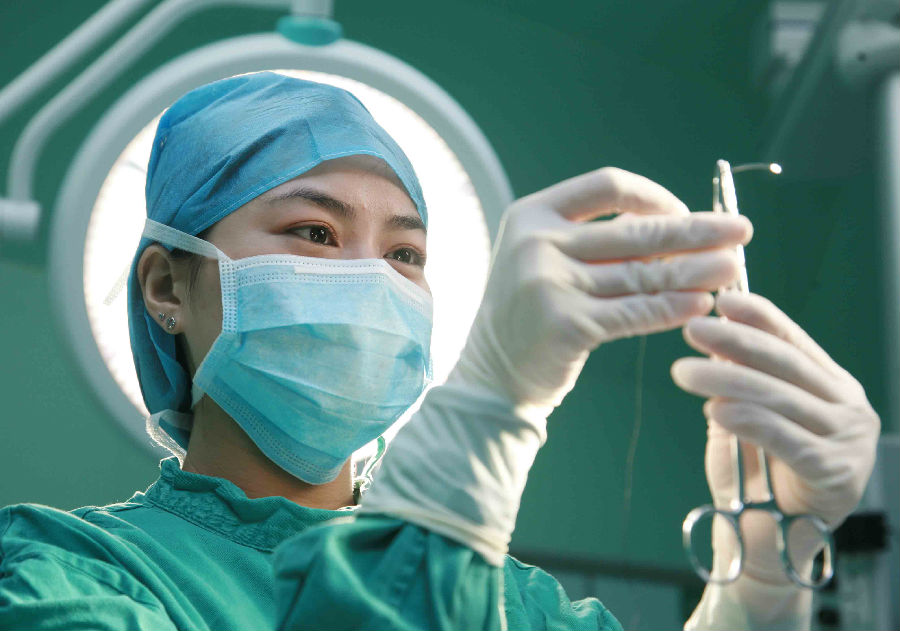(单词翻译:单击)
In the past, most people thought the health meant the opposite of disease or the absence of disease.
过去,大部分人认为健康就是疾病的对立面或者就是没有生病。
There are 2 problems with this idea.
这一想法有两个问题。
It ignores states of health between disease and full health, and it emphasizes the physiological aspect of a person.
它忽视了疾病与全面健康之间的健康状态,而且它强调的是一个人的生理方面。
Those people thought the body could only be either ill or healthy.
这些人认为一个人要么生病要么处于健康状态。
They usually ignore the complex interrelationships among a person's 5 aspects: physiological, emotional, intellectual, social and spiritual aspects.
他们通常忽略了一个人五个方面:心理、情感、智力、社交以及精神层面,之间错综复杂的关系。

Health professionals must define health and illness.
健康专家必须对健康与疾病作出定义。
Health care workers should stick to the definitions.
而护理人员则需要坚守这一定义。
At the same time, they should take into consideration a patient's basic human needs.
但同时,他们还需要考虑到病人最基本的需要。
On the other hand, people also have different ideas about basic human needs and illness.
而在另一方面,对人们基本需要和疾病不同的人又有不同的认识。
They often react in different ways to illness. The nurse needs to understand both how patients react to illness and how basic human needs can best be met.
他们对待疾病通常有几种不同的反应方式。护士需要知道病人对于疾病有什么反应以及他们最基本的需要应该如何满足。
The nurse also identifies actual and potential risk factors.
护士还要能够辨别真实存在以及潜在的风险因素。
These factors might cause a person to fall ill.
这些因素可能会导致生病。
Nurses work to promote health and prevent illness.
护士的工作职责是增进健康,预防疾病。
Their activities help patient to regain health and keep a high level of health.
他们的工作帮助病人重获并保持高水平的健康状态。
Nursing care includes understanding the patient's psychosocial, cultural and economic backgrounds.
护理工作包括了解病人的心理、文化以及经济背景。
In this way, the nurse can help the patient to keep and promote health, prevent illness and adapt to changes that illness produces.
这样,护士就可以帮助病人保持并提升健康,预防疾病,适应疾病带来的身体变化。
译文属可可原创,仅供学习和交流使用,未经允许不得转载


